My first AA job forty years ago was to make coffee, hauling plastic pitchers of water to the silver coffee maker that wheezed when it got going like a bad asthma attack or dry heaves after a bad drunk. I set out the sugar packets and jars of powdered creamer filled with trans-fat that would get us eventually but maybe slower than the alcohol, the stirrers, the napkins the tin foil tart shells to serve as ash trays. We were all on the water wagon, striking up our agency a day at a time. Our lives had been paralyzed by addiction, but here we were, laughing our shared shame away in a bubbling pool of humor sweetened with the intensity of metanoia. The chalices were Styrofoam, the coffee sacramental, celebrating the shift in perspective when “I drink because of my problems” becomes “my problem is that I drink.” If I had lacked power over my addiction and needed to find a power greater than myself to recover, then sharing this communion of caffeine helped to show me how to heal.
After the meeting, we could walk outside in the evening cool and look into the sky to watch the constellations line up in different forms: There was the horse that Mac had talked of when he spoke of horses that have more sense than humans; when one of their herd was ill, the others gathered and pressed their warm bodies against it, to heal and give strength. There was Hermione the Trashcan talked about by a delicately made woman with pinch-nose glasses who spoke of taking her empty bottles to her neighbor’s trash can because she didn’t want the trash men to know how much she drank. To its right in the autumn sky was the Forest of Words which kept our minds occupied while the real healing of propinquity took place. Finally, the Big Dipper transformed into the coffee cup in its imaginary clouds of Styrofoam pointing in the heavens to the North Star, Polaris, the navigational beacon that we could rediscover if we lost our way and kept our sight sober and true. This North Star, the power greater than ourselves, the God of our understanding that some saw in the religion of their upbringing, some saw in whatever…a doorknob, and some saw in the group.

Many an evening, our cars filed the familiar path up Charles Street to go the meeting after the meeting at the Towson Howard Johnsons, the orange-roofed HoJos that some may remember, where we cemented our friendships and dedication to the 12 steps with French fries, and hot fudge sundaes washed down with even more coffee. On the way home, I passed a familiar friend, a beautiful, old weeping willow across the street from the entrance to Sheppard Pratt Psychiatric Hospital with its fairytale stone Gate House. This willow took one’s breath in the spring when it leafed out before any of the other trees, weeping gold first, then green. It reminded me of the willow my father had planted in the backyard of our Northwood row house that that grew with the vigor that only proximity to the sewer lines could give it in its incredible thirst for water
Weeping willows are greedy flora. Their roots spread fast and far to suck up any form of water in the nearby soil. God help the homeowner who plants one in a backyard that also holds the water and sewer pipes in terra cotta pipes. Well, my father did, and after many plumber visits and roto-rooterings, he finally had to admit defeat and take the darned beautiful tree down, digging up any remaining roots that could sprout a sapling to begin its cycle of destruction all over again while it leafed out toward the sun in beauty. I loved that tree. I loved the way the hanging branches stirred in the breeze to tickle your face. I loved how you could cut a long branch and tie your brothers’ hands together, an older sister torture technique. I loved how the fully leafed curtain of withes made all the weather theatrical: the August lightening, wind whipping from the west, the curtain parting for the curtains of rain, the air thundering with anticipation, my grandmother, afraid of lightening, calling us away from the willow to go into the basement to pray the rosery until the storm passed. But I had already been struck…with wonder as this tree grew more beautiful by day, its roots sucking in the dirty bath water and stinking excrement from the sewer pipe, converting our waste into juices of life for new leaves burgeoning like our ever-expanding family, this tree, itself a meditation on living, the tree growing taller and taller with each inhalation and then raining to the ground an exhalation of branches.

Early in my sobriety, my sponsor suggested that I begin a meditation practice, I think because my mind in post-acute withdrawal was racing around in circles like clothes in the spin cycle, only with peanut butter (of course, all that coffee didn’t help). My beginning practice was sporadic; only in the last 20 years or so have I settled into a regular sitting routine. Recently, however, I have been studying the Christian mystics because I’ve come to understand that this longing for something, for something more that I have felt all my life is really a longing for God. One practice is that of Centering Prayer, a method of contemplation named and popularized by the late Trappist monk and priest, Thomas Keating. In this, the prayer is instructed to choose a word meaningful to them to repeat as an anchor, much like a mantra or breath counting in Zazen, to help still the mind enough to hear the breath of God in the inward ear. I am particularly fond of the way James Finley in the podcast Turning to the Mystics describes the use of the word: look at the birds, he says, the eagles, vultures, even gulls that ride motionlessly upon the pillars of heat that rise from the earth called thermals.
They just fly. And then every so often, as they lose a little altitude, they flap their wings a few times. So, you’re sitting in this presence, and you realize there’s distractions. And so, you say “Jesus, Jesus, Jesus [your word],” like you flap your wings a few times to maintain altitude, but you’re really trying to use the word to get beyond all words. And I think it comes full circle. We use the word to get beyond words to discover the holiness of words, how God’s present, and the way we talk to each other and so forth.
The word I chose is Bethesda.

There is a story that many, many years ago, an angel came to Jerusalem. Where its heel struck the ground, a fountain sprang and the pool that formed from it healed all those who bathed in it. This healing pool became know as Bethesda a name that means House of Mercy or House of Grace for the healing that occurred. Yet the place also became called the Place of Shame or Disgrace for the people who hung out at the pool, all suffering the shame and disgrace of disease-wracked bodies, a multi-denominational leper colony, so to speak, unspeakingly shouting, “Unclean! Unclean!” to those who came near.
But this is just the kind of place that always attracts Jesus. Traveling to Jerusalem for some sabbath or another, Jesus passes the crowd of those waiting by the pool, waiting for the angel to stir the waters, waiting to be the first in the pool and get healed. He sees a man who had been paralyzed for thirty-eight years. Jesus asks him if he wants to get well, and the man answers that he has no one to help him into the healing waters. Jesus then tells him to take up his mat and walk. Which he does. And is healed. Later Jesus tells the guy to go and sin no more so he doesn’t have worse things happen to him. Of course, no good gesture ever goes unpunished, and our man J catches grief for healing on the sabbath and the healed guy also is hassled for working on the sabbath by carrying his mat. Apparently, there were legal hair-splitters then too who enforced the old Blue Laws in Jerusalem (am I dating myself talking about Blue Laws when one couldn’t buy or sell stuff on Sundays?).
But the part of the story that interests me is the answer that Jesus gets when he asks the man, do you want to get well. The guy says that there is nobody to get his ass into the water. Jesus ignores his declared lack of agency and tells him YOU get up off the mat and walk as if he is making the man aware that the healing is already hiding within him. No one can do it for him. But someone can do it with him by reminding him of who he truly is, or, as the Zen koan suggests, showing the man his original face before he was born, his Buddha nature, his child of God-ness. I think the man sees this in Jesus’ face. So the man, made pliant as a willow by his thirty-eight years of suffering, chooses to take up his mat and to walk into his life.
That’s kind of the way healing worked for me in AA. I got sober at a meeting place called Agape that was held in an old classroom out-building on the grounds of the motherhouse for the School Sisters of Notre Dame. I met the woman who had answered the phone at AA, and we walked into the building with the words Alcoholics Anonymous shamelessly painted on the wall with an arrow pointing to the two rooms where the meetings were held. To me, that sign could have read, Disgusting People’s Entrance or Weird Wackos’ Cattle Call, so great was my apprehension. But after a few meetings, I took my last drink and I picked up my metaphorical mat and walked (well, drove, actually, in a falling-apart Honda) to more meetings where the folks there showed me that there was a true self beyond the person who drank and got drunk, whose life was filled with the waste and whose marriage was crumbling. And I picked up my agency by not picking up a first drink. A few meetings later, someone asked if I would help make the coffee.
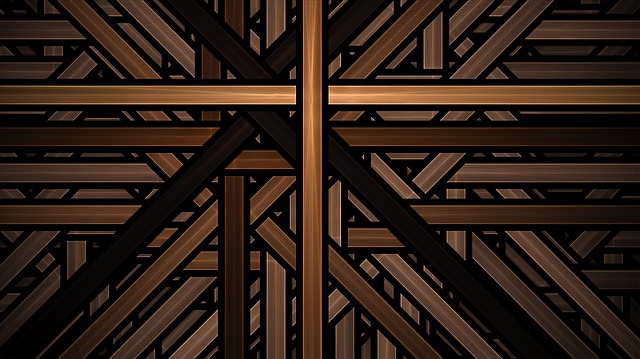
That angel who stirred the waters in Jerusalem, the Bethesda Angel has a central place in Tony Kushner’s Angels in America, a play set during the AIDS scourge in the 1980s gay community in New York. It’s an extraordinary commentary on disease and healing, grace and shame, paralysis and agency, as the protagonist Prior Walter discovers the lesions that herald the infection and loses his lover and his belief in certainty. An Angel, hallucinatory or not, crashes through his ceiling at the end of the first play to tell him that he is called to be the prophet of paralysis, of stasis of the way things used to be even though they are crumbling in decay. God has walked out on them and taken the force of Creation with him. In the end, Prior, refuses this role by becoming, instead, the herald of creative energy, by declaring desire to the Angels of Immobility sitting in a derelict heaven. “We just can’t stop. We’re not rocks—progress, migration, motion is modernity. It’s animate, it’s what living things do. We desire. Even if all we desire is stillness, it’s still desire for. Even if we go faster than we should. We can’t wait.” And Prior takes up his desire and walks into the final scene of the play, set five years later at the Bethesda statue of the Angel of the Waters. He and his friends, all of whose character arcs reveal healing and action and transformation, talk about Perestroika, the fall of the Soviet state and the thaw of the cold war into a spring of uncertainty. Prior, leaves their conversation to deliver his final words to the audience: “The world only spins forward. We will be citizens. The time has come. Bye now. You are fabulous creatures, each and every one. And I bless you: More life. The Great Work Begins.” And the four walk up the stairs from the fountain. In the excellent HBO adaptation of the play (starring the likes of Meryl Streep, Al Pacino, and Emma Thompson in multiple roles), one hears their animated conversation into the fade-out. But in the movie remake that lives in my head, I imagine them drinking coffee from white Styrofoam cups.

The year I got sober was 1983, and as I’ve said before, my life was a mess, as was my marriage. I was running to AA meetings as many times as I could and reconciling and re-reconciling with my husband, moving out, moving in. During the summer of that year, we decided that I would move back into the big cedar-shake house that we had been living in and try again. Ten days after, he told me that he just didn’t think he could do it, and we decided that we would remain together through the summer and then get legally separated. I am not going to get into why we broke up because I’ve found that most relationship ruptures are overdetermined in causality and much too complicated to explain simply, and now I count my ex-husband as a dear friend. Yet there I was for the rest of that summer, mourning the end of the marriage while living it still together and mourning the end of dependence on alcohol.
The backyard of that house had a spot in it where the drainage was just terrible. Every time it rained, one could feel the lawn get soft and spongy making the squishing, sucking sound where your tennis shoe hit the grass. For years I had suggested that we plant a weeping willow there because that area was a place so soggy a willow could weep for joy in it. But that summer, my husband suggested we do it then, the summer we were splitting up, and I found myself sinking into an emotional morass: planting a tree is about the future and for him and me, there seemed none, so we never planted that tree. But I did. Inside.
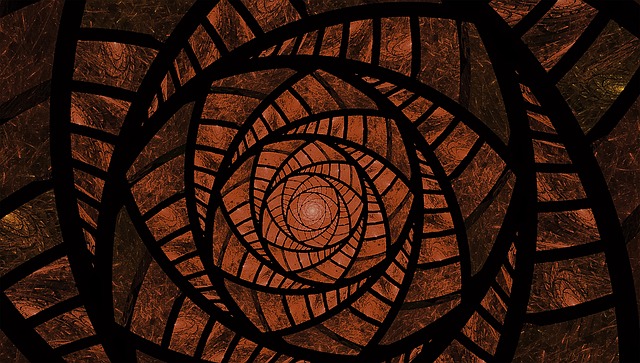
We all have inner worlds, landscapes that we have built and gardened, a place to go where the soul can breathe and rest especially when the world is unraveling which it always seems to be doing a lot of now. This inner space is a place for stillness and reflection to pull back into awareness with the massive help of faith that things come apart so that they can be put together anew. Like the constellations in the night changing shapes and meanings. Like the seeming death in winter. Like the creation of new metaphor from cliches that lie around in one’s writing, worn out and drained of energy. Inside in my imagination I built a house of light to live in a towering a-frame with two storied windows that rise to a peak piercing the sun that warmed the slate tiles of its living room. There I watched the sun rise and fall and the stars at night. One day I found a high ladder and climbed to the top to pour translucent paints down the window’s face. Red and blue and gold and green washes of tear-like color. My inner living room became glass stained with the palette of the earth and sky: sea and forest and sun and moon. I have lived in that house for many years now, and just outside my inner house of light, I planted a weeping willow that has been nourished by the things that have hurt me, the shame and guilts that I have brought to this ground. It lives next to my Bethesda pool, the lake of forgiveness, that deep reservoir for compassion that living has carved into my heart.
Lady Wisdom sometimes visits me there, more often nowadays because both of us have old bones that slow us down, especially when it rains. She has become a good friend, and we chuckle at my younger self who wrote her off as a silly old lady. That’s the way the young are, she tells me, but she knows I loved her even then. Some days we just sit in silence weeping for the latest school shooting or the latest civil injustice or my latest blindness to another person’s pain or my own loneliness. But most days we weep with this beauty of the healing cycle and the gift of the waters as we sit quietly drinking coffee from Styrofoam cups, watching sunsets through the willow’s rain. I say the word Bethesda, my wings awaken, and I am once again borne upon the warm pillars of love rising from people of the earth and the God who lives in the love we share.
The angel stirs the waters here for everyone.
All are welcome. Bring your bathing suits:
Coffee will be served:
The Great Work Begins.
~Tony Kushner


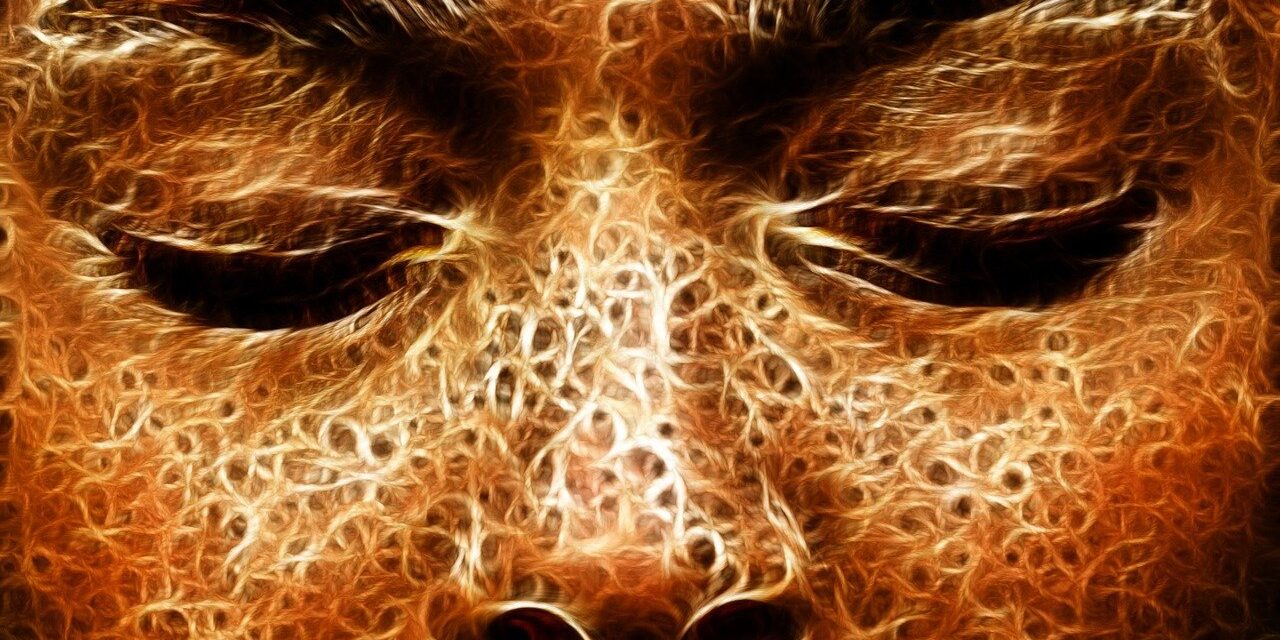
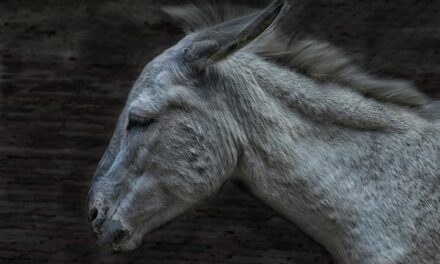


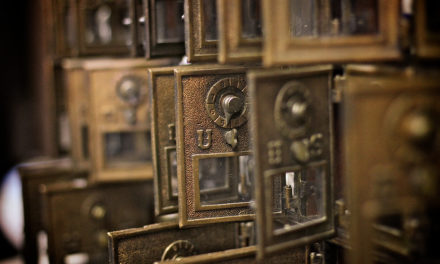

I love your story. And Willows. And I, too used to love alcohol.
Touched me to the core. My mother loved willows..now I “know” why.
And family alcohol still calls me to numb…but I keep finding other paths to wander
off this merry go round…Art heals me. Stories like this shared also does.
Thank you so much. Walk in beauty.
As wonderful as the text is,, the art work is even more so.
I can spend hours playing in each one.
Who is the artist?